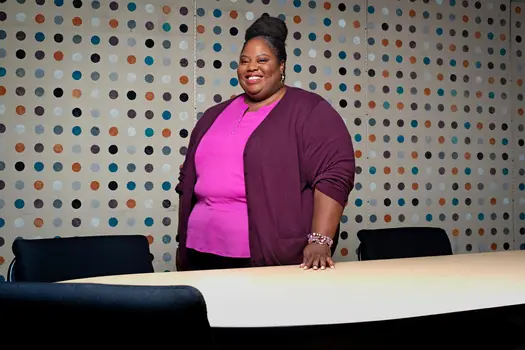The United States has the highest maternal mortality rate in the developed world, and African American women bear the disproportionate share of those deaths. African American women are more than three times more likely to die during pregnancy than are white women, regardless of their education or income level.
“Even when they’ve done everything they could to have a viable and healthy pregnancy, they’re still experiencing horrible birth outcomes and are even dying,” says Angela Doyinsola Aina, co-director and research lead for the Black Mamas Matter Alliance. “This is a serious system problem.”
Why do African American women have such negative outcomes? “They’re not being listened to when they complain of pain. They’re being forced to go home earlier than necessary after giving birth,” Aina says. The problem isn’t that these women are sicker, but rather that they are lacking access to high-quality care during pregnancy and labor. Even wealthy and famous women like Serena Williams and Beyoncé aren’t immune -- both faced life-threatening complications during childbirth.
Recognizing the need for a national organization focused on black maternal health, the Black Mamas Matter Alliance started with a collaboration between the Center for Reproductive Rights (CRR) and the SisterSong Women of Color Reproductive Justice Collective. In 2014, the CRR released a report chronicling a pattern of racial discrimination in the delivery of reproductive health care. Two years later, a group of health care experts and activists developed a Black Mamas Matter Toolkit of resources for maternal health, and the organization was born.
One area of the organization’s focus is in providing culturally appropriate care during labor, which in the African American community comes from midwives and doulas. “We need to have a team-based approach,” Aina says. “Obstetrician-gynecologists, nurses, nurse-midwives, doulas, maternal mental health professionals. All of these people, working together across the full spectrum of maternal and reproductive health, to provide the care that women need.”
In its 3-year existence, Black Mamas Matter has been instrumental in pushing through legislative changes like the Preventing Maternal Deaths Act of 2018, which provides states with the necessary resources to collect data on maternal deaths. “Because if we don’t know how and why women are dying, we’re not able to address these systems-level issues,” Aina says.
The organization has also advocated for a cultural shift. “We have really been instrumental in changing the narrative and the negative stereotypes of black motherhood in this country,” she says. Her hope for the future is to see more birthing centers run by African American women, as well as robust research to support quality improvement and systems change at hospitals around the country.
“Ultimately, we want to see a complete end to the disparity,” she says. “We want to see maternal mortality end. It is possible.”
